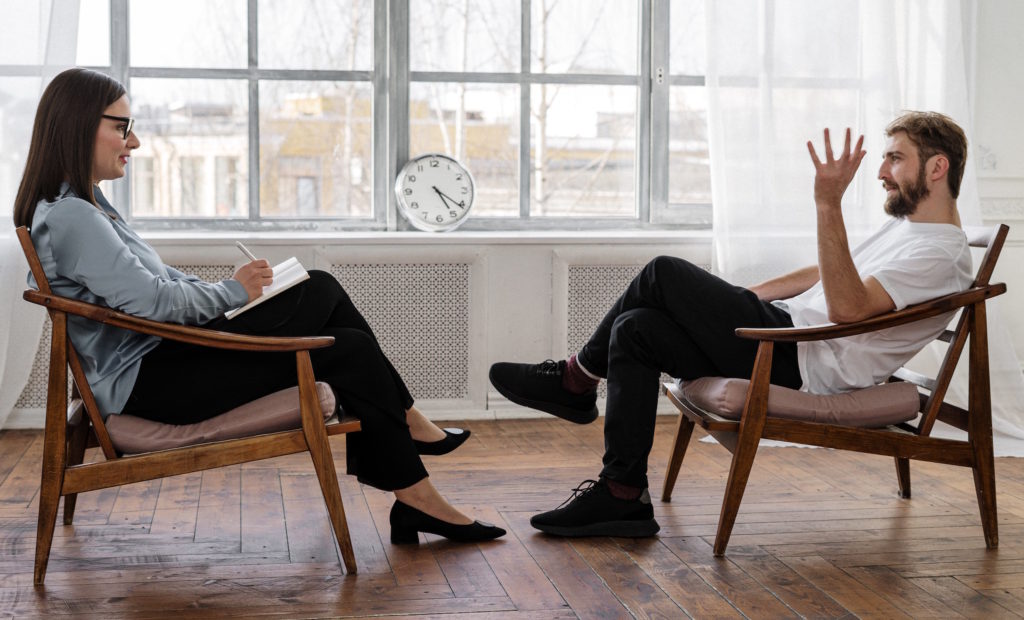Posted 7/20/21
For some time, I considered myself to be left-brain dominant, meaning I was more logical in my thinking and not so strong in the artistic, abstract, emotional world. I was an effective salesperson who was friendly and had good people skills, but it wasn’t until I decided to pursue a Master’s Degree in Counseling Psychology that I realized there was more to fundraising than being friendly, and began adding empathy to my approach to relationship-building.
The Master’s program I chose focused on a theory called Client-Centered Therapy by Carl Rogers. Rather than following variations of popular trends such as cognitive-behavioral therapy (changing thinking changes actions, and vice-versa), Rogers’ theory was more emotional, emphasizing transparency, genuineness, non-judgement, unconditional positive regard, and empathy, in order to address mental illness. While all of the theories were effective in their own way, I noticed that the “emotion-based” theory, introduced by Rogers, was very helpful in building trusting relationships, leading to fundraising and sales effectiveness.
Early in the education program, we started doing some exercises regarding the use of empathy (not sympathy which is trying to understand what someone is feeling, but empathy which is actually feeling what the other feels). Students were asked to role-play a therapy session, one student played the client and the other played the therapist, where the client would tell a personal story, and the therapist would attempt to feel what the client was expressing. “You were frustrated,” “It was a happy time” or “It is still painful to be rejected.” It was a real challenge for a left-brained, logical individual like myself, but after awhile I began to understand.
Eventually I came to realize that this technique would be highly useful in business. I found that I became much more effective in sales as well as leadership due to the advanced training in behavior, disciplined listening, and use of empathy. Surprisingly, the training was even more effective in fundraising. I began to listen for, identify, and respond to the feelings of donor prospects, their objections, concerns and philanthropic values. By being transparent, accepting, genuine and most importantly, concentrating on what the prospect was feeling (empathy), combined with existing people skills such as a sense of humor, respect, politeness, as well as asking open-ended questions and listening intently to the responses, I learned to achieve stronger connections.
Granted, I was trained by professionals in the program, but if you listen really hard in meetings with donors/prospects, and try to identify the emotions that are behind the words, you have a better chance of responding appropriately and thus gaining a deeper connection. I genuinely wanted to understand the donor / prospect so that I could serve their interests, and this was a great and unanticipated way to accomplish that. It typically resulted in a “win-win” for all involved.
To learn more, I would invite you to read some of the literature on Carl Rogers to learn more about empathy and unconditional positive regard in relationships, including his book: “On Becoming a Person.” It was and still is a great help in building lasting donor relationships.
Here is also a link that explains more: please click here
